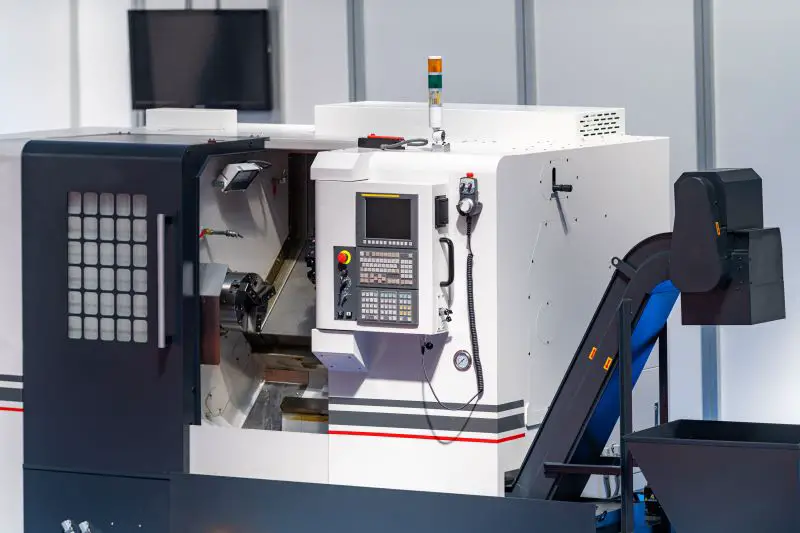Click here to get this post in PDF
In the world of business, having the right tools and equipment can make all the difference. Whether you’re a small startup or a well-established company, choosing the right industrial equipment is crucial for ensuring efficiency, productivity, and ultimately, the success of your business. However, finding the perfect equipment that suits your business’s unique needs can be a daunting task. In this article, we’ll explore some key considerations to help you make an informed decision.
Identify Your Specific Needs:
The first step in finding the right industrial equipment is to clearly define your business’s unique requirements. What are the tasks or processes that require specialized equipment? Consider the type, size, and capacity of the equipment needed. Also, think about any specific features or functions that are essential for your operations. By identifying your specific needs, you can narrow down your options and focus on the equipment that will truly benefit your business.
Set a Budget:
Industrial equipment can be a significant investment, so it’s important to establish a realistic budget. Determine how much you’re willing to spend on the equipment and consider any ongoing maintenance or operating costs. Keep in mind that while it’s essential to stay within your budget, choosing the cheapest option may not always be the best decision. Quality and reliability should also be taken into account when evaluating the cost-effectiveness of industrial equipment.
Research Your Options:
Once you’ve identified your needs and set a budget, it’s time to start researching your options. Look for reputable suppliers and manufacturers known for producing high-quality equipment. Read customer reviews, seek recommendations from industry peers, and compare prices and specifications. Consider the reputation of the manufacturer and their track record for delivering reliable equipment.
Assess Equipment Quality:
Quality is paramount when it comes to industrial equipment. You want equipment that can withstand the demands of your business’s operations and offer longevity. Look for equipment that is built with durable materials and has a history of performing well in similar applications. Inspect the equipment’s design, construction, and safety features to ensure it meets industry standards and regulations.
Consider Maintenance and Support:
To maintain industrial equipment in its peak condition, it’s imperative to schedule regular maintenance. Prior to making a purchase, it’s advisable to inquire about the accessibility of maintenance services and the level of support provided by the manufacturer or supplier.
Dependable customer support and easy access to spare parts are vital factors in minimizing downtime and guaranteeing the extended lifespan of your equipment. For additional options and resources, you may want to explore the offerings within the realm of industrial surplus.
Think About Future Expansion:
As your business grows, your equipment needs may change. Consider whether the equipment you’re considering can be upgraded or expanded to accommodate future requirements. Investing in equipment that offers flexibility and scalability can save you money in the long run and adapt to your evolving needs.
Seek Professional Advice:
If you’re unsure about which industrial equipment is best suited for your business, don’t hesitate to seek professional advice. Consult with experts in your industry or hire a consultant who specializes in industrial equipment selection. Their expertise can help you make an informed decision that aligns with your business’s goals.
Conclusion
Finding the right industrial equipment for your business’s unique needs requires careful consideration of your specific requirements, budget, quality, maintenance, and future expansion plans. By taking the time to research and assess your options thoroughly, you can make a wise investment that enhances your business’s efficiency and competitiveness. Remember that the right equipment can be a catalyst for growth and success in your industry.
You may also like: Buying and Hiring Used Machinery; Things to Look for
Image source: elements.envato.com

